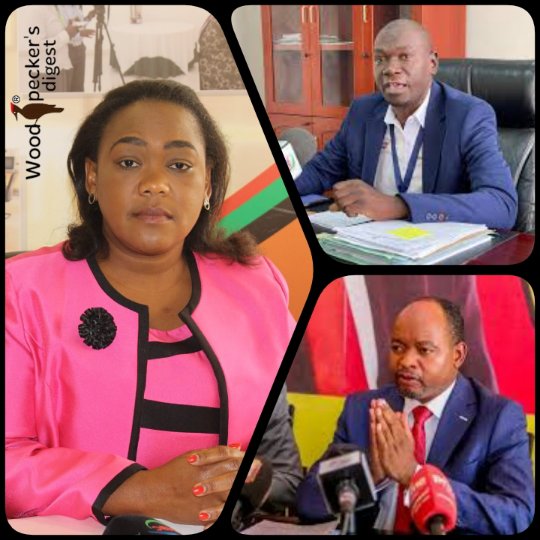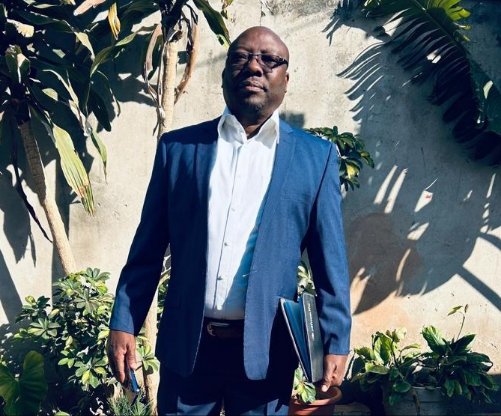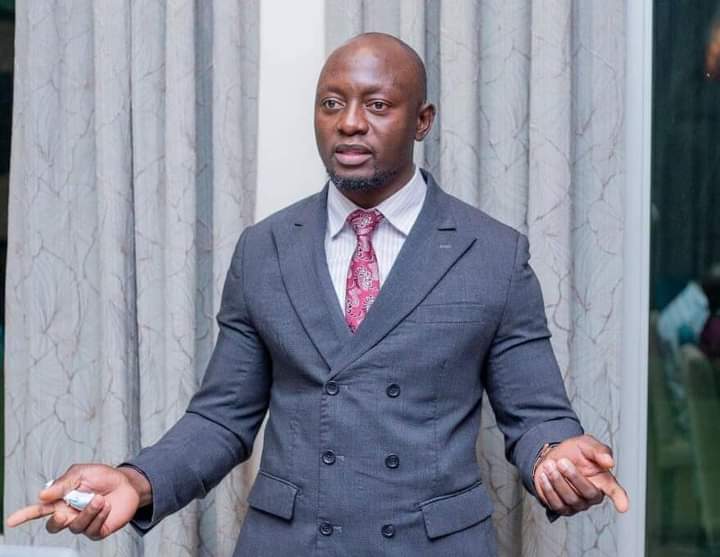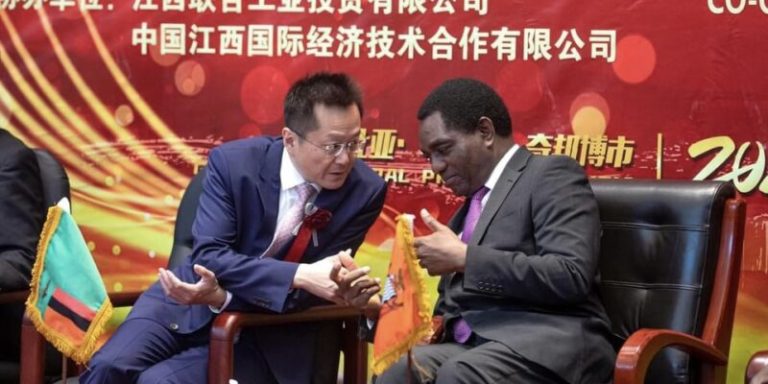
"Repeat a lie often enough and it becomes the truth", is a law of propaganda. Among psychologists this is known as the "illusion of truth" effect, and UPND believes in it as a governance tool.
Instead of engaging in objective reporting and holding those in power accountable, the media has become a perpetrator of diversionary tactics.
By Dr. Lawrence Mwelwa.
Lusaka, Aug. 5 – Last week, we dealt with the choice of HEADLINES, that propel a certain agenda. This week we will continue but take a different angle. In the recent past in Zambia, a troubling trend has emerged, one that veers away from truth-seeking and meaningful journalism.
The decline in media standards has given rise to a distressing phenomenon: the deliberate diversion of attention from pressing national issues in favour of painting opposition politicians as villains.
In a country grappling with a myriad of challenges, such as a soaring cost of living, pervasive corruption, unfulfilled promises, and the exorbitant cost of staple food like mealie meal, it is disheartening to witness the media’s focus on superficial narratives.
By directing the spotlight away from these critical issues, media outlets diminish the significance of real problems affecting the nation and betray the public’s trust.
Instead of engaging in objective reporting and holding those in power accountable, the media has become a perpetrator of diversionary tactics. Opposition politicians, often scrutinized and overly criticized, are portrayed as the primary culprits of Zambia’s woes.
Also Read: President Hichilema allows and feeds Koswe – Amb. Mwamba.
The narrative is skillfully crafted, emphasizing their perceived flaws and exaggerating their missteps while downplaying or altogether ignoring the missteps of those in power. This calculated strategy employs sensationalism and selective reporting, pushing aside substantive discussions and genuine debates on the pressing matters that truly impact the lives of ordinary citizens.
Such a distortion of the media landscape is not without consequences. Diverting attention from real issues creates a disengaged citizenry. When the media fails to illuminate the challenges faced by the nation and instead indulges in political grandstanding, the public is left uninformed and lacks the opportunities to critically assess the performance of their leaders. This perpetuates a disheartening cycle of apathy and complacency.
Compounding the issue is the proliferation of fake news and misinformation, further muddying the waters of public opinion. Individuals, bombarded with sensational headlines and skewed narratives, struggle to distinguish fact from fiction.
In a world where trust in the media is paramount, the erosion of this trust undermines the very foundations of a healthy and informed society.
To reverse this disheartening decline in media standards, a radical shift is needed. Journalists must reclaim the spirit of their profession, embracing their role as truth-seekers and watchdogs of democracy.
Media organizations, instead of succumbing to external pressures and political biases, should prioritize unbiased reporting, diligent fact-checking, and objective analysis. The media has the indispensable duty of informing the public, grounding public discourse in reality and fostering accountability in those in power.
As conscientious citizens, it is incumbent upon us to demand better. We must actively seek out trustworthy sources of information, question narratives that seem skewed, and engage in critical thinking.
By supporting media outlets that prioritize integrity and responsible journalism, we can collectively restore credibility to the media landscape and ensure that the pressing issues affecting Zambia receive the attention they deserve.
Also Read: Journalism is what maintains democracy because it’s often the voice for the voiceless – Mpandashalo.
In a nation plagued by genuine challenges, the diversionary tactics employed by the media in Zambia are deeply concerning. As citizens, let us not be swayed by narratives that serve to distract and mislead.
By nurturing a discerning and engaged population, we can hold the media accountable and compel them to refocus on the issues that truly matter. Together, let us reclaim the power of the media to catalyze change, inspire meaningful conversations, and propel our nation towards progress and prosperity.
About The Author: Dr. Lawrence Mwelwa is a respected academician, a former Vice Chancellor, a politician and revolutionary writer.
To make well-informed and thoughtful decisions, one must be able to see things from perspectives other than one’s own. Gain new perspectives by following Woodpecker’s Digest! Reading does open up a world of possibilities.
©2023 Woodpecker’s Digest.
Putting news into perspective








